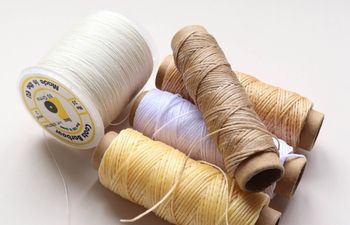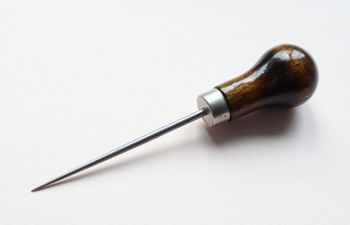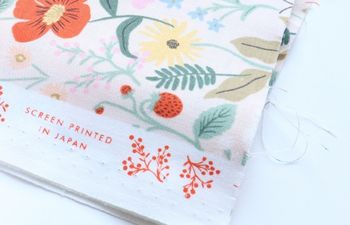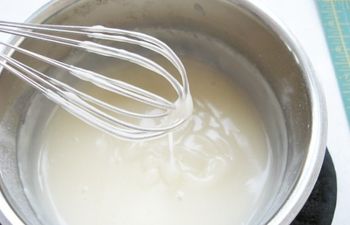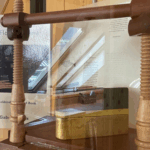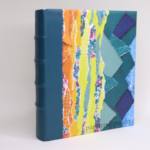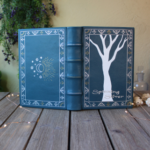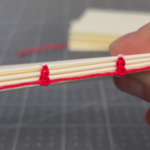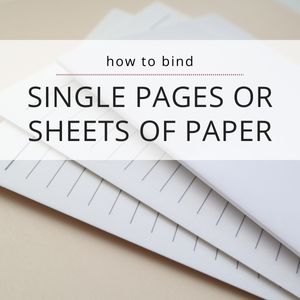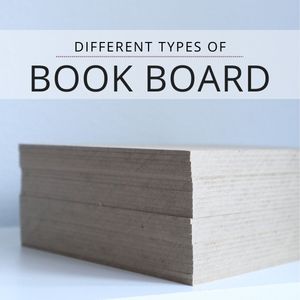Okay, maybe you’re ready to choose the right linen thread for your project. In this post, I’ll talk about each thread treatment so you will know the difference between waxed, unwaxed and polished linen threads. This way, you’re not caught off guard at the store. Oh, and I’ll also give some pros & cons and best uses because, why not?
Unwaxed thread
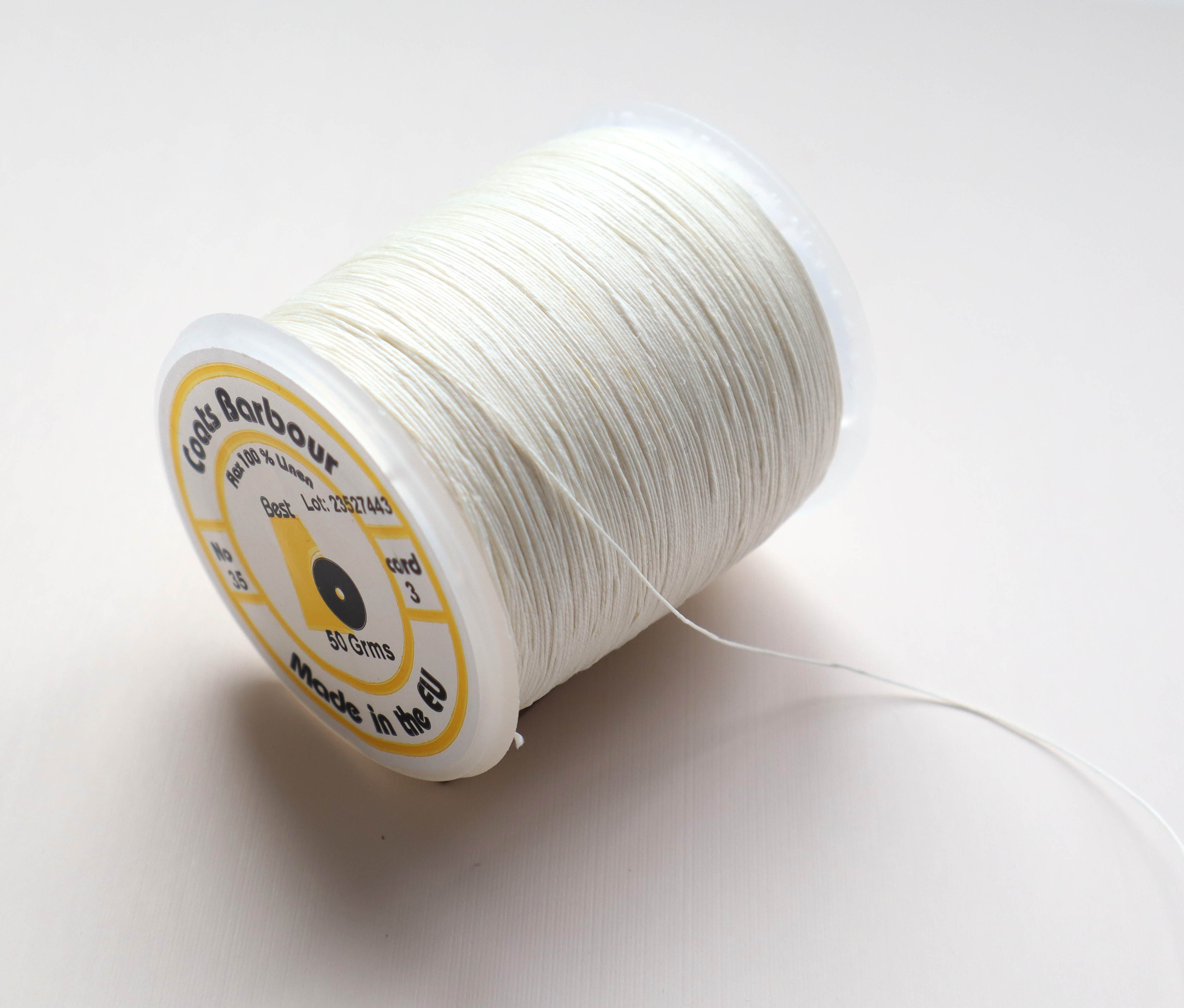
- What it is: Standard linen thread where no wax has been applied
- What to watch for: Look at the gauge (thickness) of the thread and pick the right size for your project. I wrote all about choosing the right linen thread here if you want to geek out about thread.
- Pros: Lots of sizes, easy to find, works for all bindings
- Cons: Lots of sizes can be confusing, often only available in white/natural colors
- Best uses: All binding types.
Waxed thread
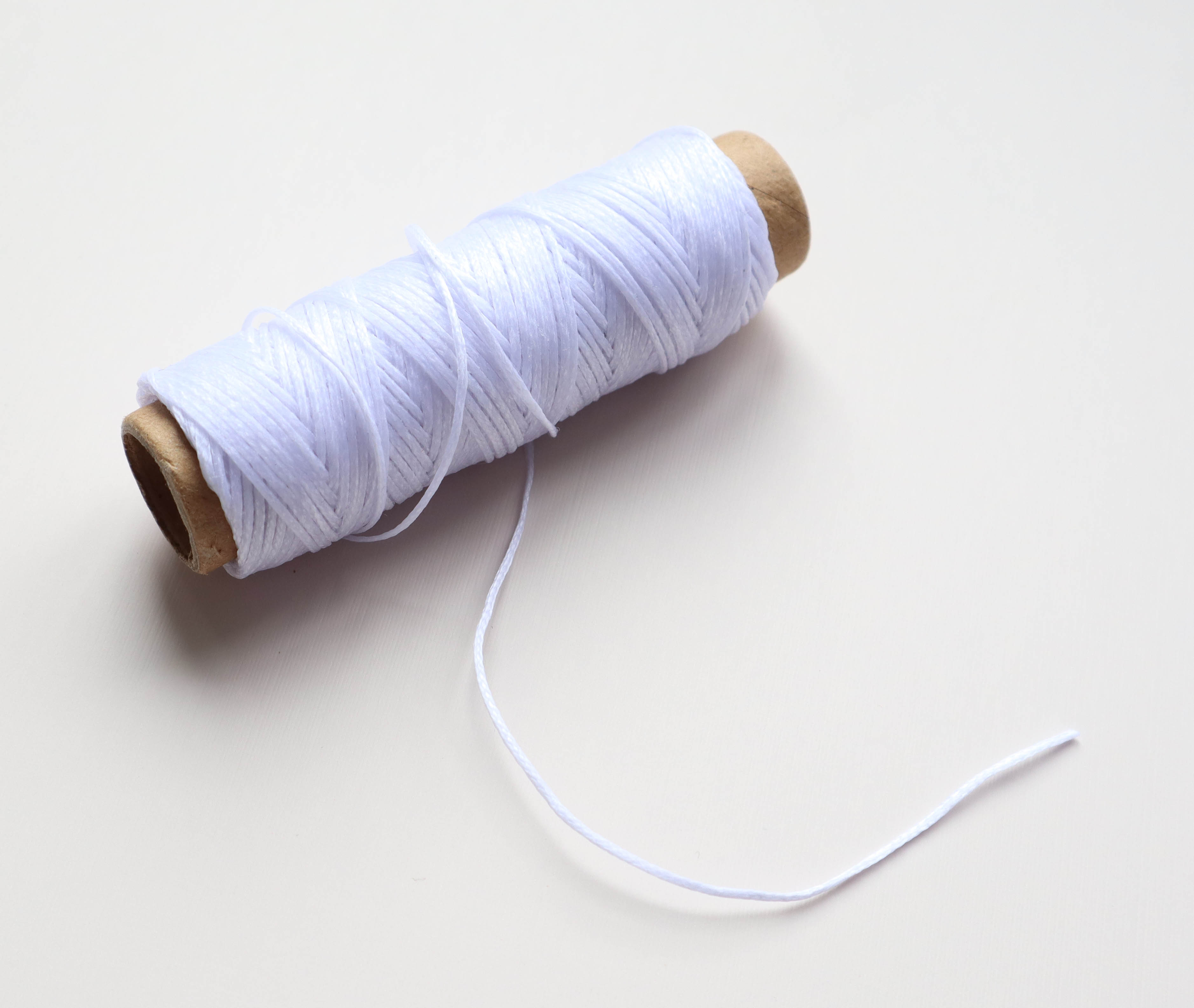
- What it is: If a linen thread is listed as “waxed”, it’s safe to assume it has been coated in wax by a machine
- What to watch for: The gauge (thickness) of machine-waxed thread is slightly higher than unwaxed or polished thread. This is because the machine waxes each individual strand before weaving them together into thread. For example, 3-ply linen thread has three strands woven together. Each of those strands is waxed, so it’s a chunky little thread by the end.
- Pros: Very convenient; adds strength to the thread; available in many different colors; machines provide even coats of wax
- Cons: Thicker than unwaxed or polished thread, too much wax may melt in hot temperatures (and that could stain the paper, ew); works well on some bindings
- Best uses: Exposed-spine sewings (long stitch, Japanese stab binding, etc.) and closed-spine sewings with thicker paper
Polished thread
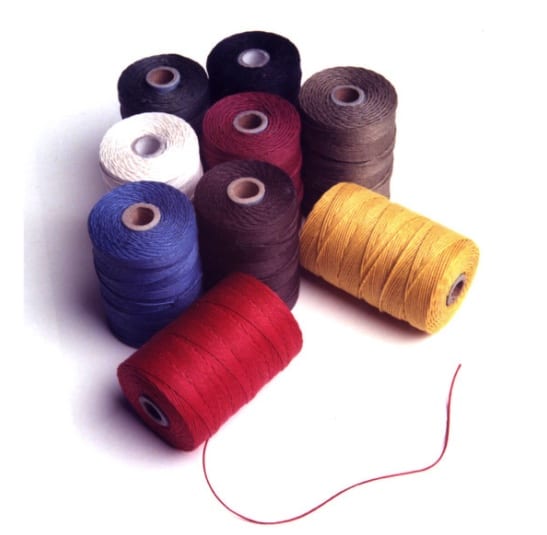
- What it is: Linen thread where a small amount of wax has been added to the product during the spinning process
- What to watch for: Again, the gauge (thickness) of machine-waxed thread is slightly higher
- Pros: Thread has a soft sheen, a nice combo between too much wax and no wax at all; adds strength to the thread; works well for most bindings
- Cons: While there is less wax, the gauge (thickness) will still be greater than unwaxed linen thread at the same ply; tough to find in stores
- Best uses: Exposed-spine sewings (long stitch, Japanese stab binding, etc.) and closed-spine sewings with thicker paper
Where to find unwaxed, waxed and polished linen thread
- Unwaxed Irish Linen Thread – Hollander’s
- Waxed Linen Thread – Hollander’s
- Polished Linen Thread – Talas Online
More bookbinding goodness
✨ What tools do I need to get started bookbinding?
- Bookbinding Tools & Supplies Quick Start Guide – learn all about book making tools, which to buy first & where to go online
- Pick up my popular Complete Starter Bookbinding Tools Kit – all the bookbinding essentials in one spot
🌟 Looking for a simple way to start making books?
Try a Complete Book Materials Kit. Each one has everything you need (+ tutorials & videos) to make a beautiful book without all the fuss.
Thank you for taking me along on your book making journey!
Misty
